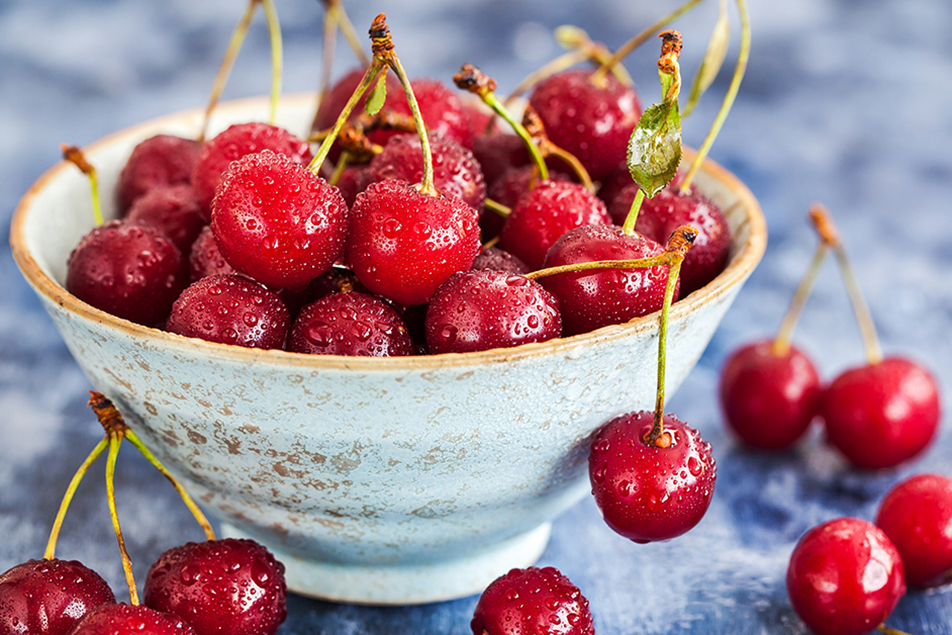Q. Are there any supplements I can take to help maintain joint health?
A. Positive food choices and an overall healthy lifestyle to help maintain joint health are the first and safest recommendations. Following the ways of the Mediterranean diet, with heart-healthy fats, foods low in saturated fats, a diet low in processed foods and high in fruits, vegetables and legumes, offers support. As does choosing intact whole wheat products, such as oats, quinoa, brown rice, etc. Proper weight management, with a goal of a BMI within a healthy range is also beneficial.
Q. Is it a good idea to take glucosamine and chondroitin for joint health?
A. Glucosamine is thought to promote the formation and repair of cartilage. Chondroitin is believed to promote water retention and elasticity in cartilage and inhibit enzymes that break down cartilage. Glucosamine and chondroitin, taken in appropriate amounts, are generally considered safe for healthy people not taking other medications. Discontinue after 6 months if you don’t notice a positive change.
Q. What supplements are proven to be most helpful for inflammation?
A. Tart cherries. Anthocyanin in tart cherries inhibit the same enzymes targeted by drugs like aspirin and ibuprofen to reduce inflammation and pain. Consuming 20 tart cherries or drinking 10-12 ounces of tart cherry juice 1-2 times a day can provide an anti-inflammatory effect.
Turmeric. Turmeric contains curcumin, which gives turmeric its color and antioxidant and anti-inflammatory properties. Small clinical studies suggest that curcumin from turmeric is helpful in relieving symptoms associated with rheumatoid arthritis and osteoarthritis. Sprinkle the spice on your eggs, sandwiches and soups, or add it to a smoothie.
Gelatin (contains collagen) + vitamin C. Consuming ½ cup of 100-percent vitamin C-containing juice or a whole fruit, such as a kiwi, three times a day (one hour prior to rehab) or once a day for injury prevention can be helpful. The benefits come from the amino acids in the gelatin (collagen) plus vitamin C for strengthening and healing.




